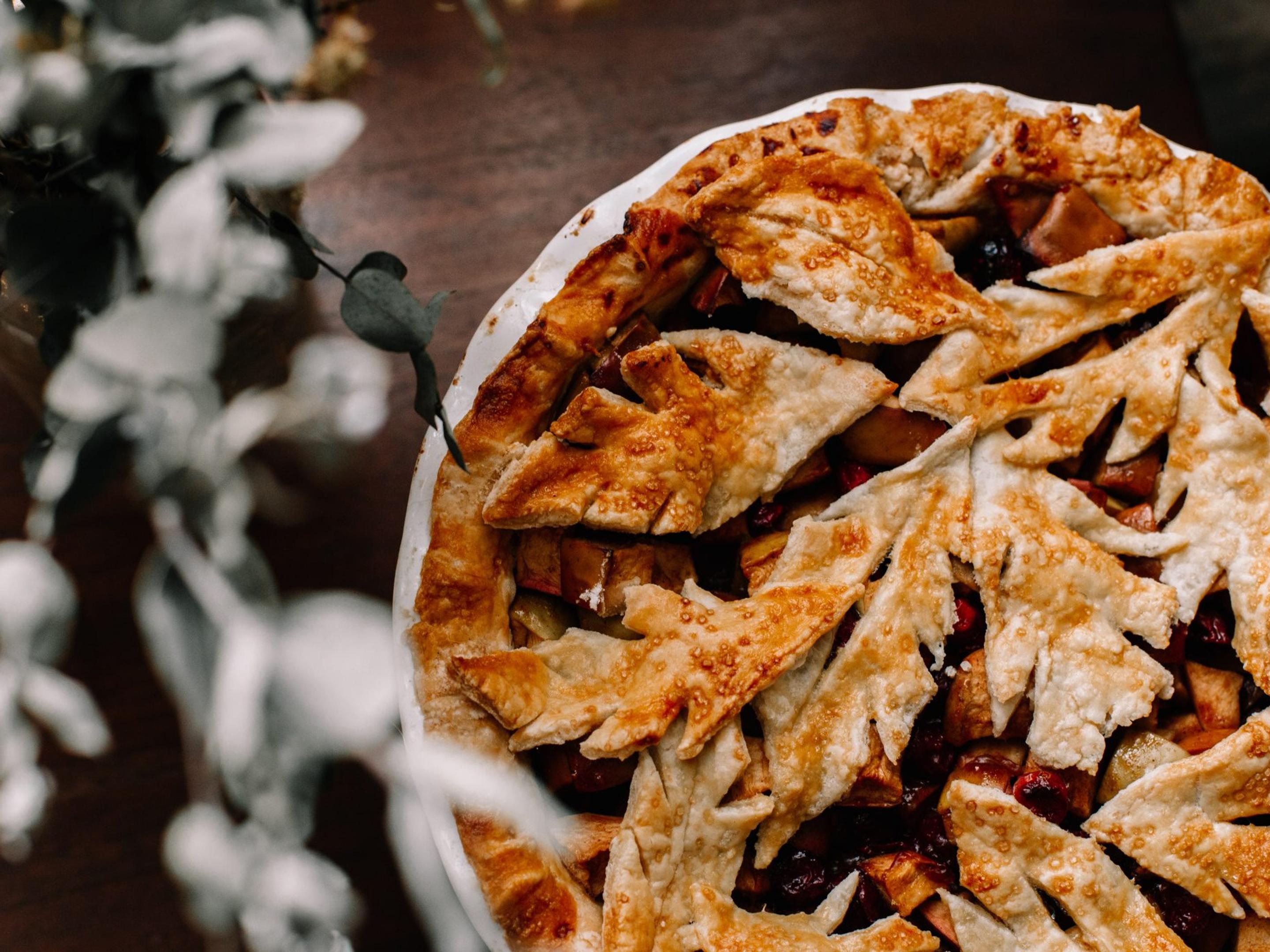
Thanksgiving isn’t always turkey, stuffing, and pumpkin pie!

Although the Thanksgiving most of us know and love is quite popular, it’s not the only way people across the globe celebrate.
Allow us to take you on a historical journey that dates back as far as 200 BC—where celebrations were plentiful, and turkeys were, for the most part, few.
1. Canada
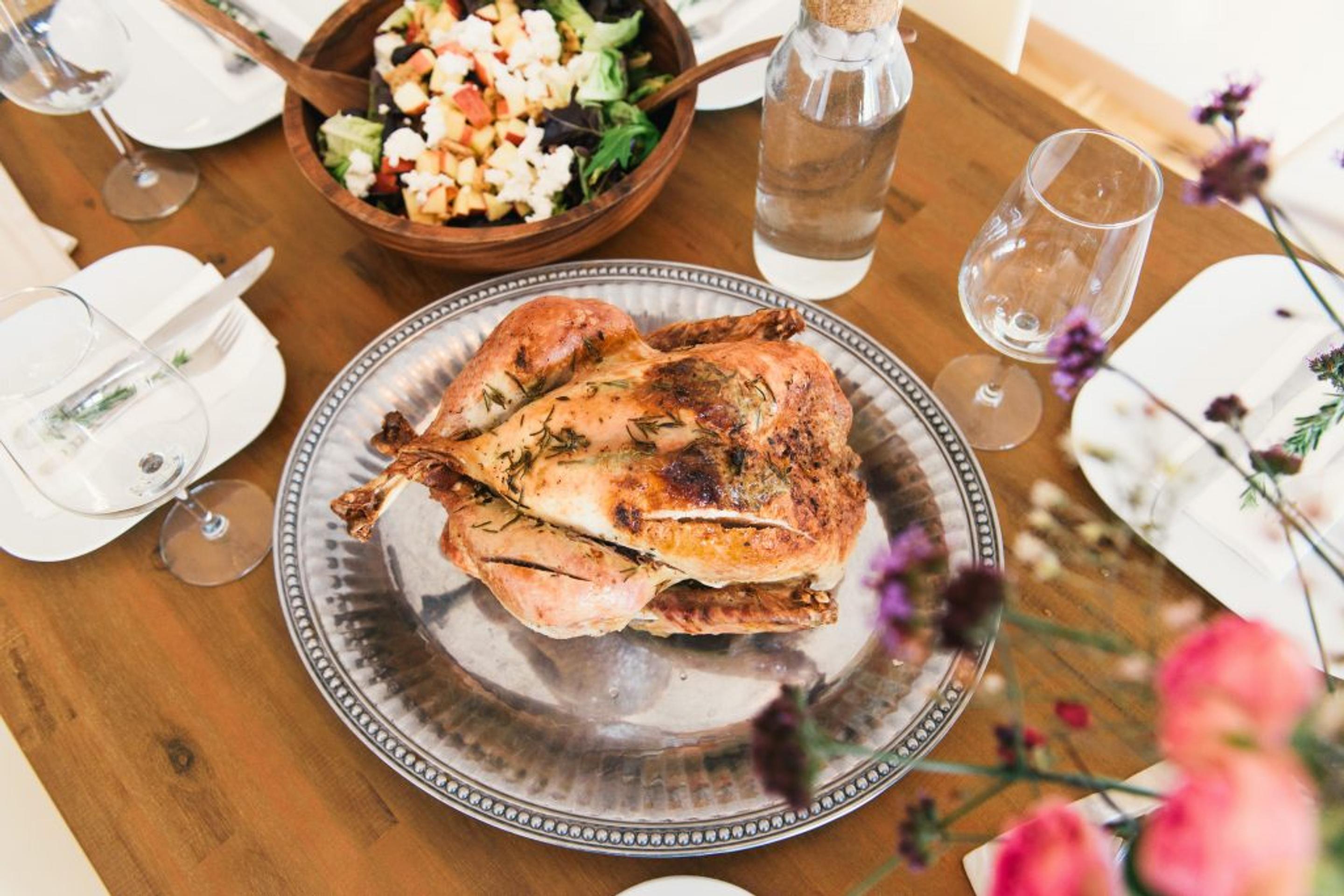
While quite similar to the way Americans typically celebrate Thanksgiving, there are still some differences in the way our Canadian neighbors do it up on Turkey Day!
The Origins:
Canadian Thanksgiving began in 1578 when explorer Martin Frobisher held a feast to express gratitude for his team’s safe return after an icy Arctic journey.
Soon after, French settlers arrived and held feasts with their indigenous neighbors.
During the American Revolution, many Loyalists (American colonists who remained loyal to the British Crown), brought their Thanksgiving traditions with them—including turkey and pumpkins. This is why Canadian and American Thanksgivings share so many similar traditions—long weekends, football, and turkey!
2. The Netherlands
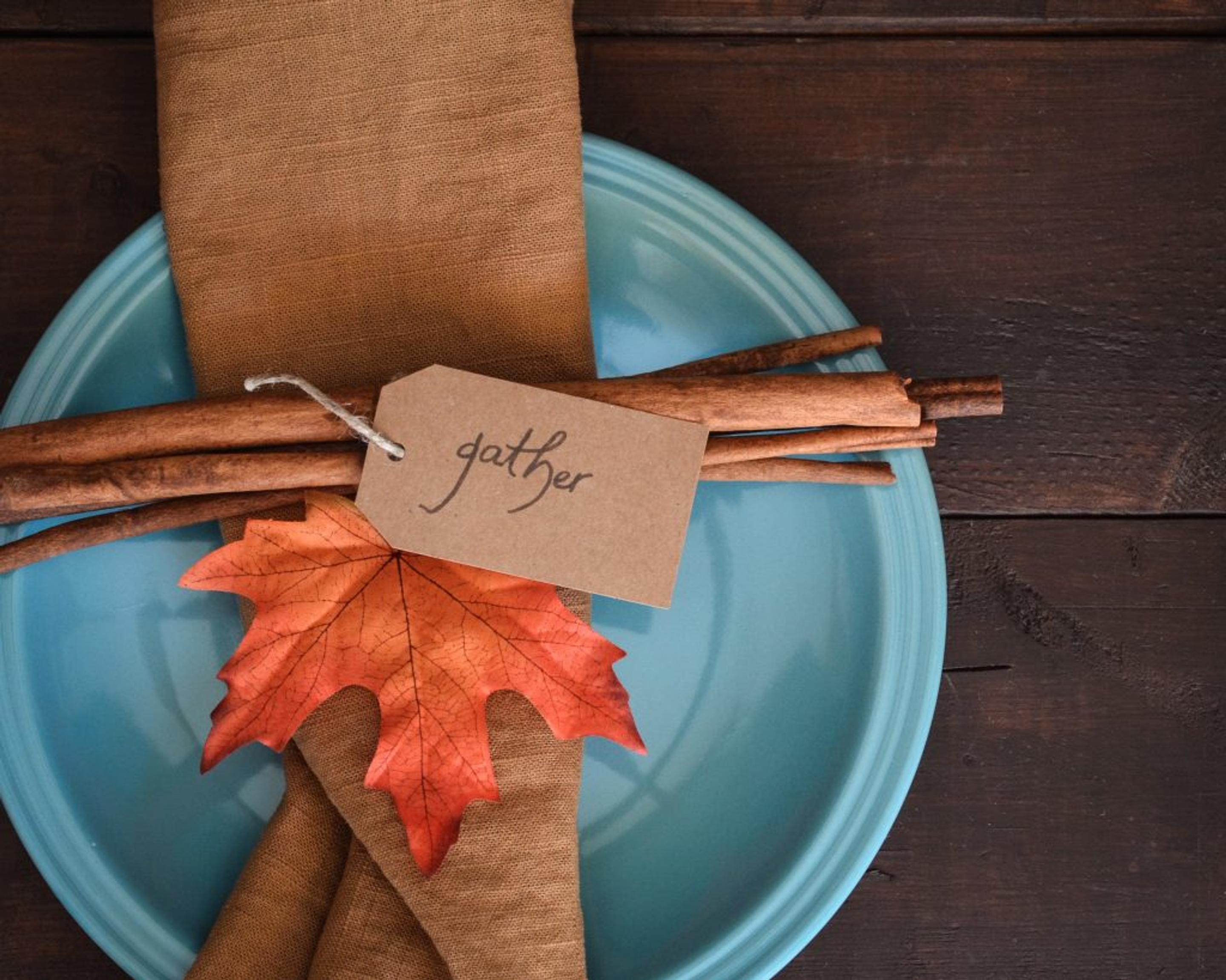
Celebrated on the 4th Thursday of November, Thanksgiving celebrations in the Netherlands are also pretty similar to those in the US.
The Origins:
Many of the first pilgrims to settle in Plymouth Plantation in America originated from Leiden in the Netherlands. This is why Dutch influences are found all over the settlement—from the style of chairs, marriage certificates, and land separation. However, once the pilgrims began establishing traditions, and news spread back to Leiden, the idea of a Thanksgiving celebration began to catch on.
Today:
Many flock to the Gothic churches of Leiden for a Thanksgiving Day service, hit up the American Pilgrim Museum, then cook up some turkeys, mashed potatoes, and cranberry sauce for maximum feasting!
3. South India
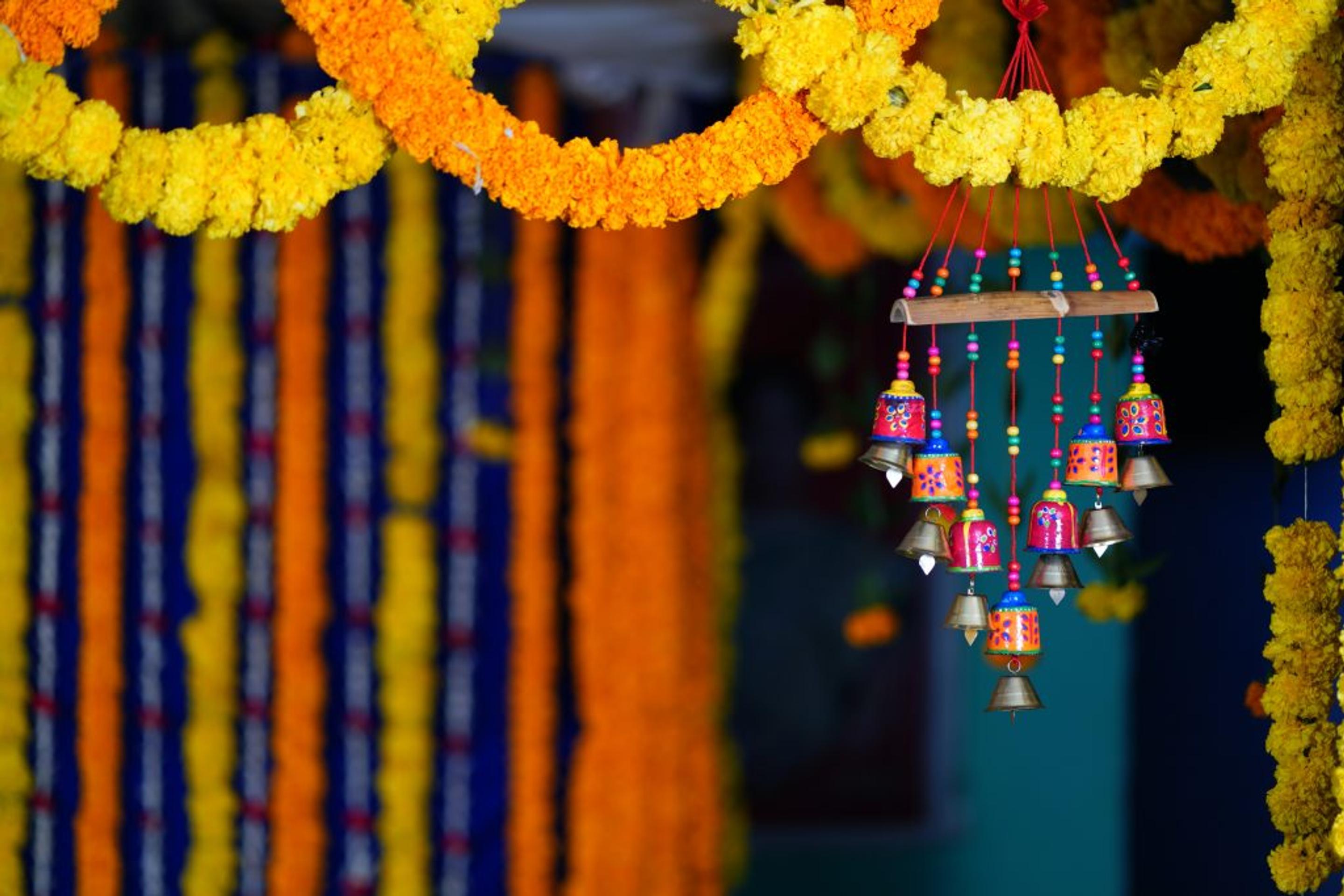
The Pongal Harvest Festival: One of the most important Hindu celebrations, Pongal is known as the Harvest festival of South India. It is celebrated with pomp and circumstance, as expected, in Tamil Nadu and throughout India. Pongal marks the beginning of Uttarayan—the sun’s six-month journey northward.
The Origins:
The Pongal Festival began in the Sangam age (200 BC to 300 AD). Although the festival originated as a Dravidian Harvest festival, historians identify the festival with the Thai Un and Thai Niradal, supposedly celebrated during the Sangam Age.
Today:
Today, Tamilians decorate their houses with mango, banana leaves, and colorful patterns made up of rice flour. The dishes served are also served in the traditional ways of banana leaves.
This month of harvest is also a traditional month for weddings, as the end of the harvest season is commonly associated with an abundance of food.
4. Liberia
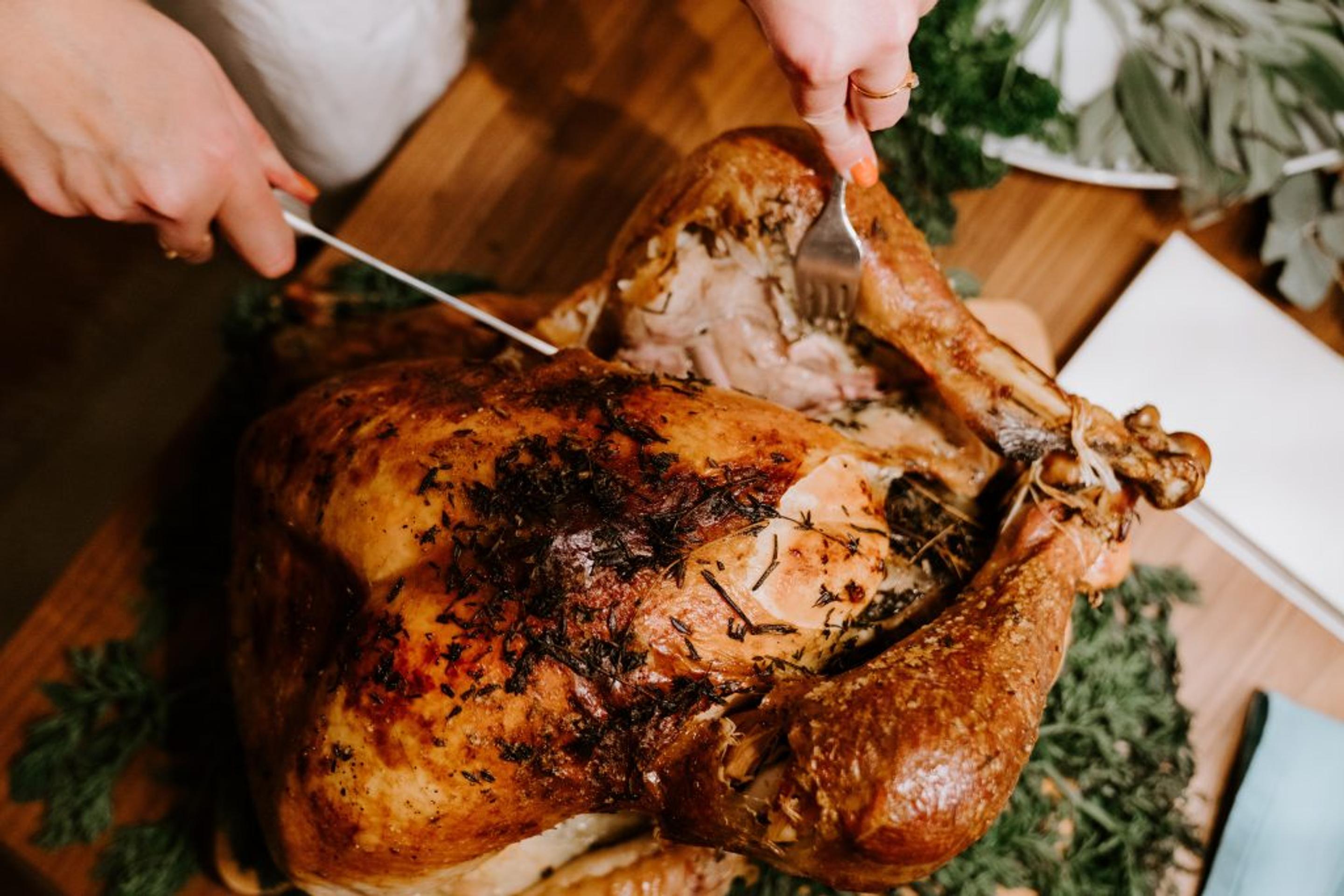
Celebrated on the first Thursday of November, the Liberian Thanksgiving traditions closely follow those of the US.
The Origins:
Liberia was founded in the 19th century by freed slaves hailing from the United States—the name Liberia comes from the Latin word liber, meaning free. The country was founded as a colony by the American Colonization Society between 1821 and 1822 and was intended to be a place for freed slaves who wanted to immigrate to Africa in search of a higher level of freedom and equality. The capital city of Liberia, Monrovia was named after the fifth president of the US, James Monroe, a supporter of the colonization of Liberia by free slaves.
The freedmen of Liberia brought with them many of the US’s traditions, keeping them as an honor to their beginnings–and Thanksgiving Day happens to be one of them!
Today:
Today, Liberian’s celebrate Thanksgiving in a similar fashion to those of us in the US, but with their own unique twist. Thanksgiving is celebrated in Liberia as a show of thanks to God for freeing the slaves and granting them new land to live as free men and women. It is also used as an opportunity to recognize the good things that life has offered them.
Families gather to enjoy dishes such as roasted chicken, green bean casserole, and mashed cassavas (extra cayenne, please!). As with many other Liberian celebrations, there is no shortage of music and dancing on Thanksgiving Day!
5. China

The Chinese Moon Festival, otherwise known as the Mid-Autumn Festival or Mooncake Festival, traditionally falls on the 15th day of the eighth month of the Chinese lunar calendar—typically September or early October.
The Origins:
The Mid-Autumn Festival has a history dating back over 3,000 years. The festival was originally derived from the custom of moon worship during the Shang Dynasty—circa 1600-1046 BC. Around the years 960-1127, it was first celebrated as a national festival during the Northern Song Dynasty era.
Today:
The Mid-Autumn Festival is the second most important festival in China, after the Chinese New Year. Citizens of China celebrate by gathering for dinner, worshiping the moon, lighting paper lanterns, and eating mooncakes.
A “mid-autumn festival” is celebrated in many other Asian communities aside from China as well.
6. Germany
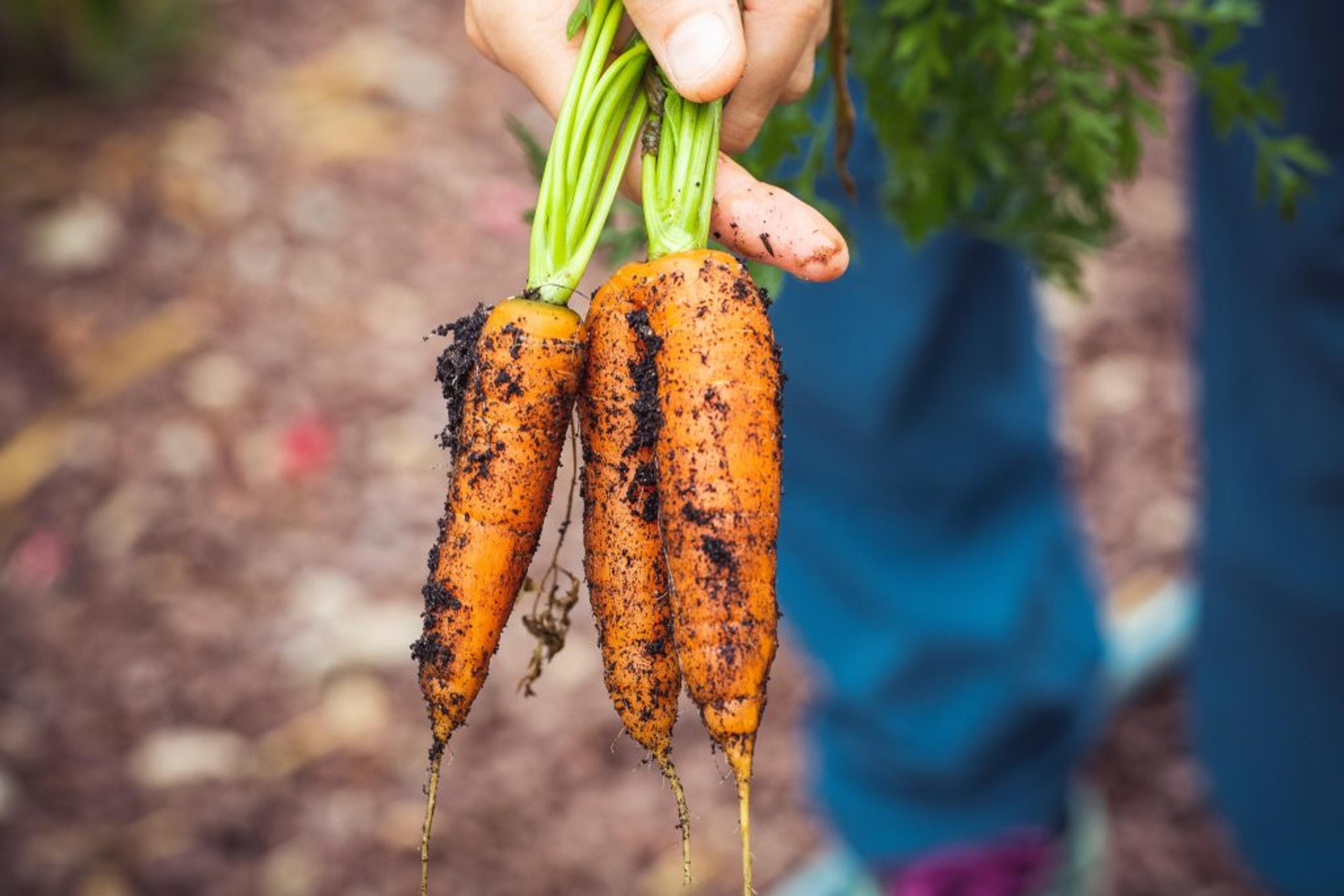
In Germany, Thanksgiving is an autumn harvest celebration called Erntedank or Erntedankfest or “Harvest Thanksgiving Festival.”
The festival usually takes place in September or October, depending on the region. Erntedankfest is also commonly celebrated in Switzerland and Austria.
The Origins:
Harvest celebrations in Europe date back to pre-Christian pagan times, long before the first Europeans arrived in North America. Farmers across Europe held celebrations at harvest time to celebrate, you guessed it, a fruitful harvest.
These celebrations gave thanks for their good fortune and an abundant harvest.
As a gift of thanks, workers would fill a curved goat’s horn with fruit and grain. Thus, the Cornucopia was born! Also referred to as the “horn of plenty,” German settlers who came to North America brought this tradition with them, and it still remains today as a symbol of Thanksgiving throughout the region!
Today:
Today, the German tradition of Erntedank is mostly a religious holiday. Church services and parades are usually held on the first Sunday of November. Erntedank still pays tribute to the good work accomplished in Germany’s fields and gardens, however, it’s mostly become a day for fun, food, and thanksgiving.


